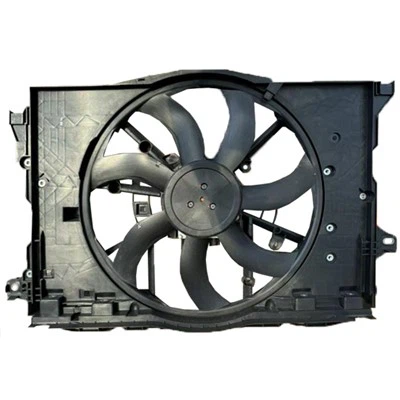Automotive cooling systems employ various relays to control the operation of fans, which are crucial for maintaining optimal engine temperatures. Two key components in this system are the radiator fan relay and the condenser fan relay. Although both relays are designed to operate cooling fans, they serve distinct functions within the vehicle's cooling system.
Understanding the differences between these relays is crucial for automotive technicians and vehicle owners alike, as improper diagnosis can lead to unnecessary repairs and increased costs
Differences Between Radiator Fan Relay and Condenser Relay
**Functionality**
The radiator fan relay controls the electric fan that draws air through the radiator, helping to dissipate heat from the engine coolant. This relay is triggered by temperature readings from the engine; when temperatures exceed a certain level, the relay closes and powers the radiator fan, ensuring that the engine remains within safe operating temperatures.
In contrast, the condenser fan relay specifically manages the fan that cools the air conditioning condenser. This fan is essential for maintaining the efficiency of the air conditioning system by expelling heat absorbed from the vehicle's interior. When the air conditioning system is activated, the condenser fan relay engages to facilitate airflow over the condenser, promoting effective heat rejection.
**Common Components**
Many vehicles feature a single fan that functions for both the radiator and the condenser, while others are equipped with separate fans for each. In systems with distinct fans, the condenser fan and radiator fan may share the same relay depending on the vehicle's design. However, this is not always the case; vehicles designed with dual fans often use separate relays, allowing for independent operation based on varying conditions and demands.
**Symptoms of Malfunction**
Both relays can exhibit signs of failure, but their effects differ significantly. A malfunctioning radiator fan relay may cause the engine to overheat due to insufficient cooling. On the other hand, a faulty condenser fan relay can lead to ineffective cooling from the air conditioning system, resulting in passenger discomfort and potential damage to the AC system if the issue is not addressed promptly.






